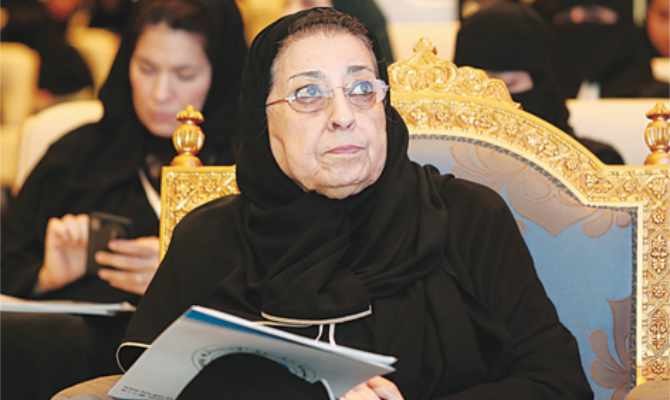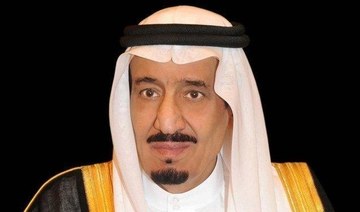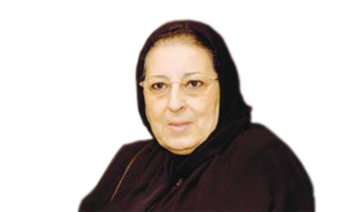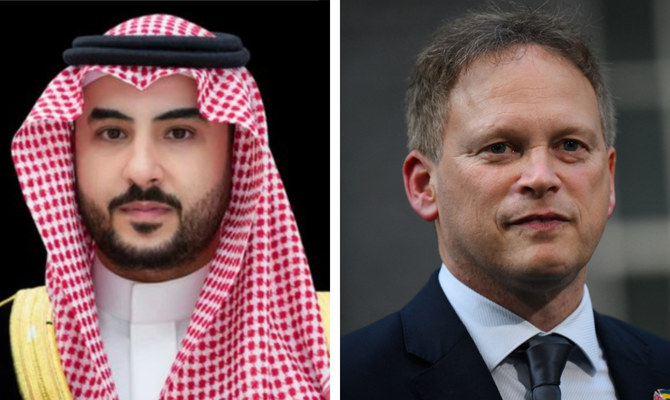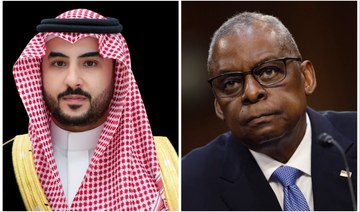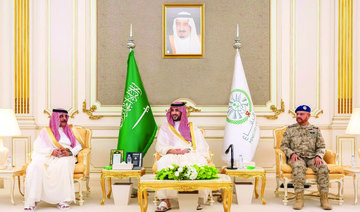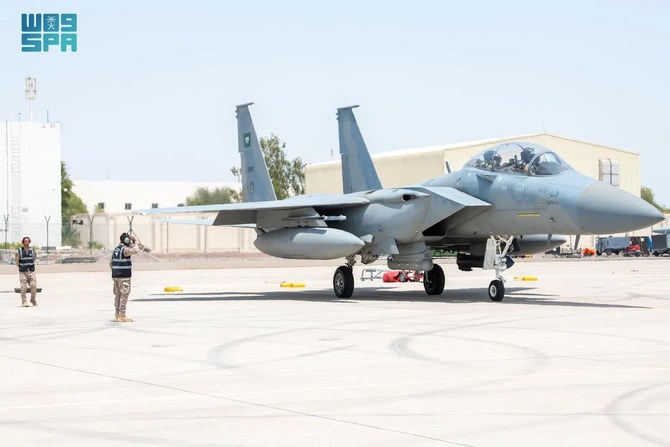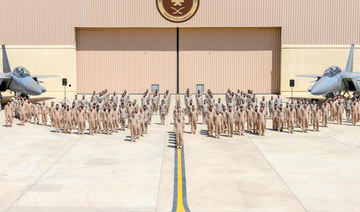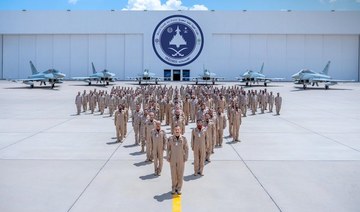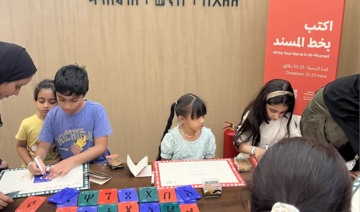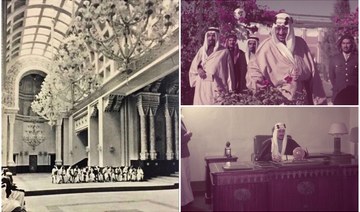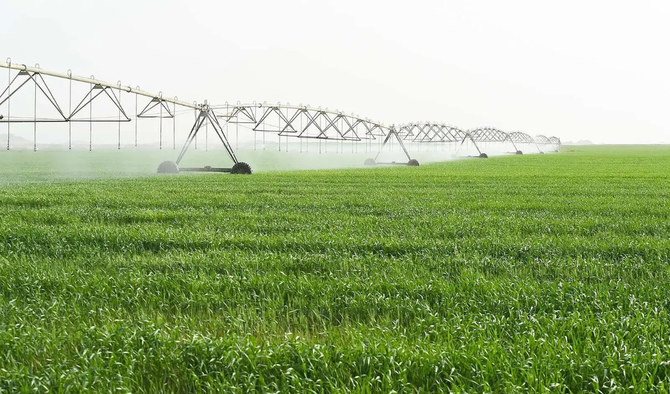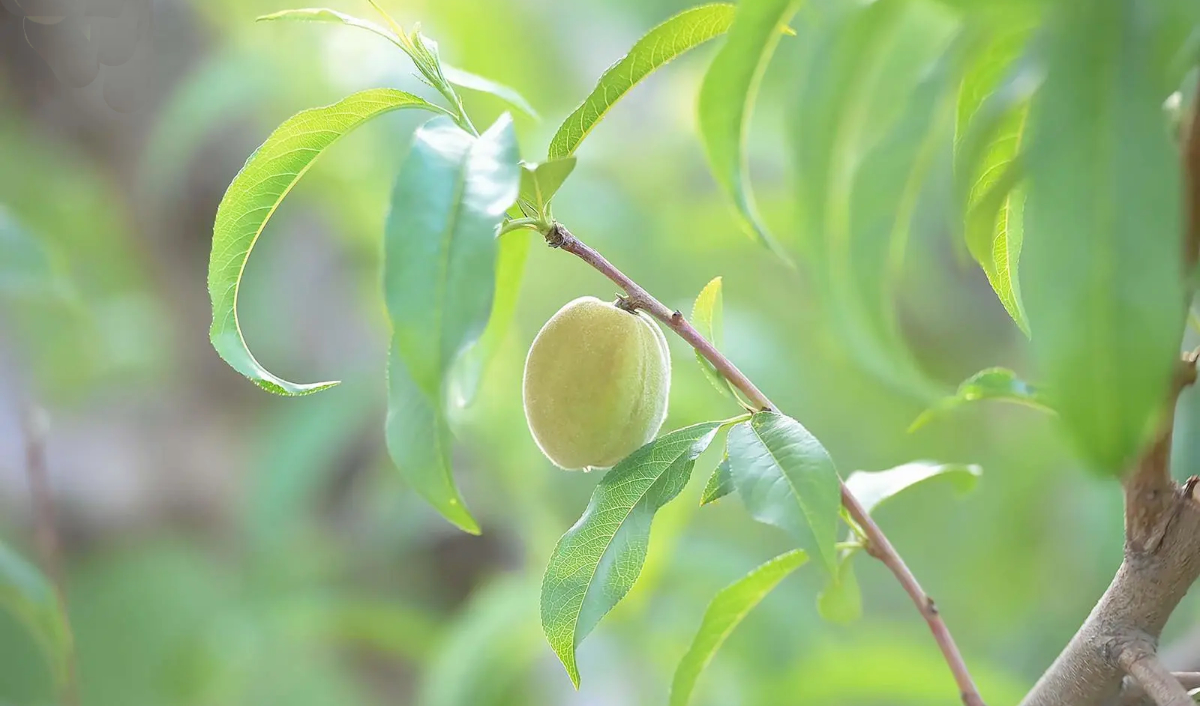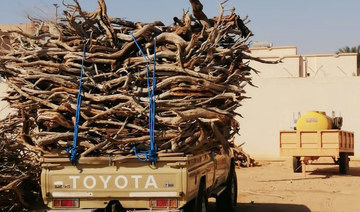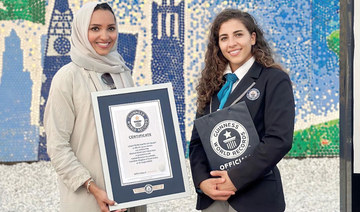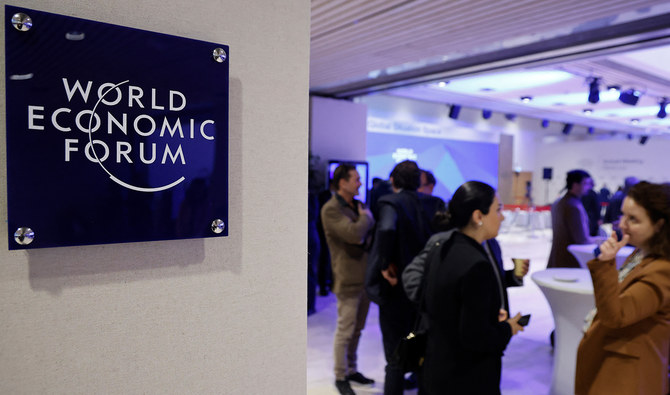RIYADH: Women are on the frontline in the battle against the coronavirus, says Dr. Thoraya Obaid, chair of Women 20, an official G20 engagement group.
“It is important that G20 leaders explicitly discuss and recognize the role women are playing in fighting the pandemic, and the impact the fight has on them as health care system users,” Obaid told Arab News on Thursday.
“Policies and public health efforts need to address the gendered impacts of disease outbreaks. Experts find that pandemics make existing gender inequalities for women and girls worse and can impact their treatment and care.”
She said that women made up a disproportionate percentage of workers in sectors and roles most impacted by economic downturns and which afforded less social protection.
“Women contributed $1.5 trillion to the global health economy even before these extraordinary times,” she said.
“Women are a vital part of the health care infrastructure battling the COVID-19 pandemic head-on. Women comprise almost 7 out of 10 health and social care workers. Given their predominant roles as caregivers within families and as frontline health care workers, women are more likely to be exposed to the virus,” she said.
Obaid highlighted 10 responses to the COVID-19 pandemic. The first must be the inclusion of women in national and global COVID-19 outbreak preparedness, response policy and operational spaces.
In addition, there must be women’s representation at community-level decision-making and as contributors to identifying local trends and responsive policies. She also outlined the necessary actions to be taken, as agreed on by the W20 members.
Such other crucial responses included developing economic-financial stimulus packages and forms of protection that included emergency child care provisions to encourage the division of care or roles and tasks between parents.
Employers must be encouraged to implement measures that recognized the role of women as carers for sick, disabled and elderly family members, and ensure that they were not penalized for undertaking the carer’s responsibilities, she said.
Economic security must be provided for women small business owners. This must include tax exemptions, suspension of mortgages, plus loans for freelancing women workers and entrepreneurs.
In addition, protection for workers in the informal sector must include expanding safety nets through leave entitlements and support payments. The use of ICT support for men and women to work from home must be accelerated and provided free of charge to the digitally excluded.
There needed to be collection, reporting and analyzing of data on the gendered impact of pandemic response policies, Obaid said. Account must be taken of the different types of vulnerabilities women faced due to discrimination based on age, race, ethnicity, religion, disabilities and health conditions.
In addition, the gendered implications of quarantine must be acknowledged in service provision by recognizing men’s and women’s different physical, cultural, security and sanitary needs. Protection and assistance from gender-based violence must be increased and this should include hotlines and monitoring.
Obaid said that appropriate action must be taken when the pandemic ended.
“As governments and leaders, G20 members must make sure that the measures they put in place now to curb the pandemic do not roll back the gains made concerning women’s equality.”
“On the contrary, leaders have an opportunity to develop policy responses to the pandemic that build a foundation for realizing gender-equitable economic opportunities and contributing to the elimination of gender inequalities.”
“Once the pandemic is under control, G20 leaders must return to the urgent agenda of tackling the systemic changes needed to promote gender parity and ensure women’s equal participation in the economy,” she said.



